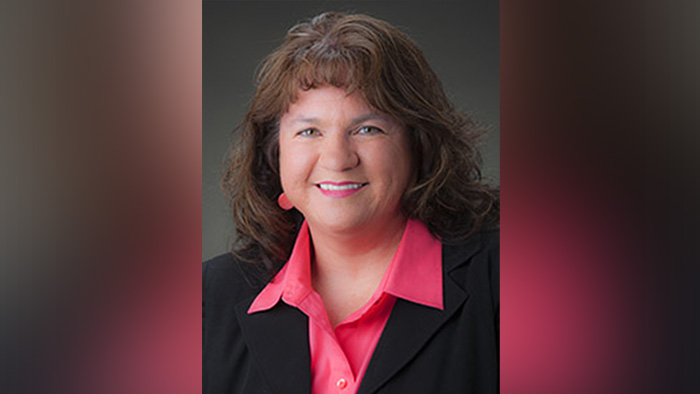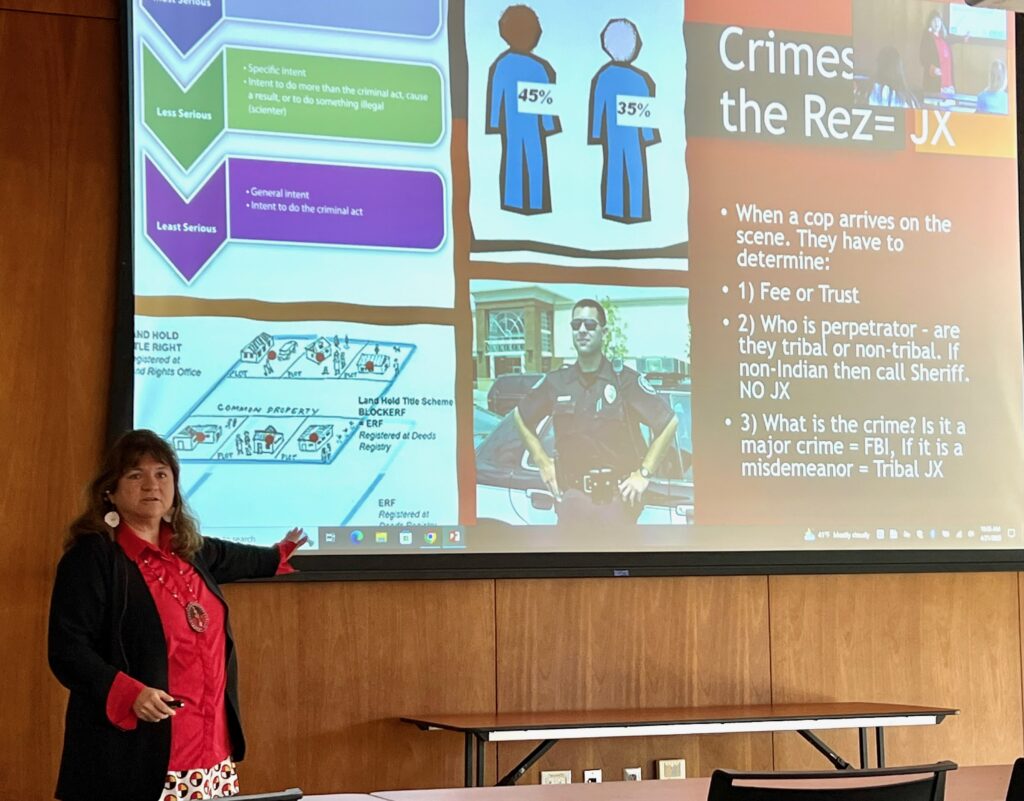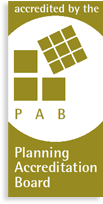About
Urban and Regional Planning is a systematic, creative way to influence the future of neighborhoods, cities, rural and metropolitan areas, and even the country and the world. It is a collaborative, dynamic field that centers on recognizing and solving critical problems and making a difference in our communities, in the region, and even the world.
Want to fight climate change and protect the environment? Are you interested in positive social, economic, environmental, and physical change? Do you think about the future – about what the world could be – rather than what is? Are you interested in planning for and bringing about a more sustainable future? If you answer “YES” to any of these questions, you should consider majoring in Urban and Regional Planning at EWU.
In each of our programs, you will learn how to design sustainable, livable, equitable, and environmentally sound communities. You will also study historical and contemporary planning, as well as the different values and ethical standards that affect the practice of planning. Change policy and planning, change the world!
Both BA and Master’s degree programs at EWU are accredited by the Planning Accreditation Board. In fact, the BA is one of only 16 accredited undergraduate planning programs in the United States.
For more information, email urp@ewu.edu, or contact Lisa Denker at 509.828.1317 or ldenker@ewu.edu. Check out our Facebook page as well: https://www.facebook.com/EWUURP.

















